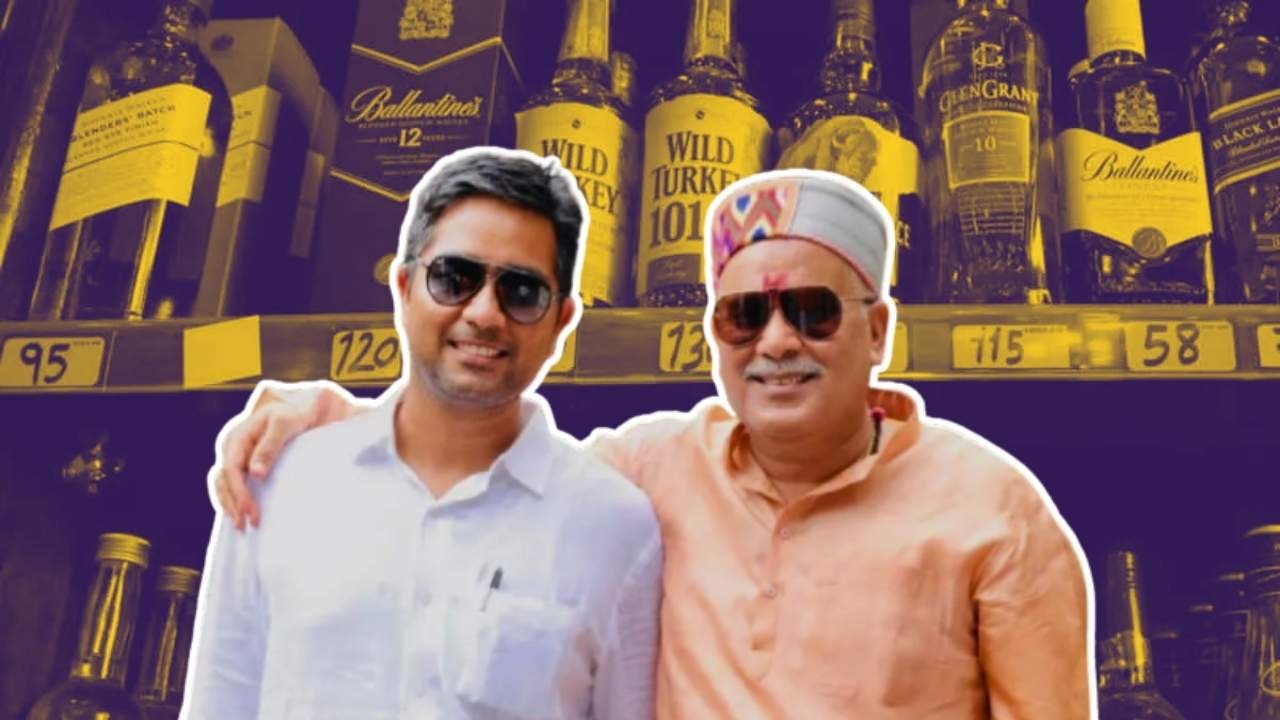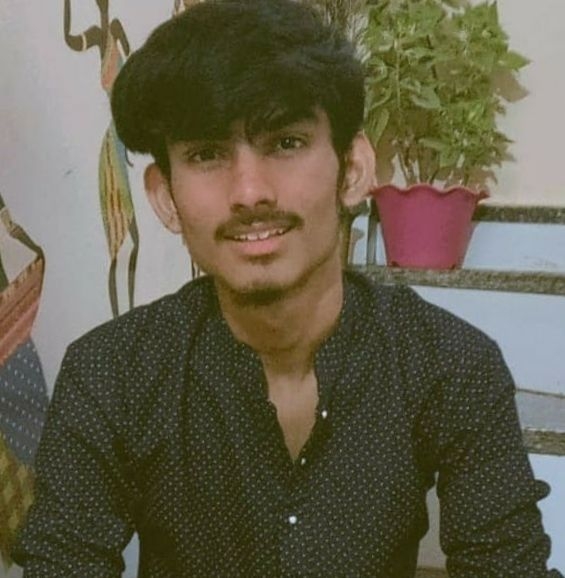Chhattisgarh’s Big Boss Liquor Scam: Bhupesh Baghel’s Son in ED Custody
19 Sep 2025 18:09:19

A sprawling liquor syndicate has been exposed with proceeds exceeding Rs 1,000 crore, massive cash transfers, a WhatsApp group named “Big Boss”, fake holograms, real estate investments and one central figure – former Chhattisgarh Chief Minister Bhupesh Baghel’s son, Chaitanya Baghel.
Chaitanya Baghel is currently in the custody of the Enforcement Directorate (ED) in connection with the infamous liquor scam. He is also likely to face arrest by the Economic Offences Wing (EOW).
On 15 September, the ED filed its fifth supplementary chargesheet, spanning more than 7,000 pages, in a special court. The chargesheet revealed that Chaitanya Baghel personally managed over Rs 1,000 crore in proceeds from the scam. Investigators allege that he was the mastermind who converted illicit cash into an empire of influence and property. According to the ED, Rs 1,392 crore was funnelled to Congress leaders and their associates between 2019 and 2022 alone. The chargesheet further disclosed the existence of a WhatsApp group named “Big Boss”, created specifically for money dealings. It included call records, conversation durations, and details of financial transactions, all attached with screenshots in the chargesheet.
Origins of the Scam
The liquor scam traces its roots to February 2019, when Congress leader Anwar Dhebar convened a meeting at a Raipur hotel. Distillers such as Naveen Kedia of Chhattisgarh Distillery, Prince Bhatia of Bhatia Wines, and Rajendra Jaiswal of Welcome Distillery attended alongside bureaucrats A. P. Tripathi and Arvind Singh. At this meeting, the foundation of the syndicate was laid. It was agreed that commissions would be collected per case of liquor supplied, while distillery operators were promised higher rates in return for kickbacks.
The “Big Boss” Syndicate
When the Enforcement Directorate examined the mobile phones of Anwar Dhebar, Anil Tuteja, and Saumya Chaurasia, incriminating chats were uncovered. On Anwar’s phone, Chaitanya Baghel’s number was saved as “Bittu”. These exchanges not only discussed money transfers but also the creation of fake holograms.
The chargesheet names Chaitanya Baghel as the mastermind of the syndicate. Of the total money, he allegedly earned nearly Rs 200 crore for himself, while around Rs 850 crore was routed to the then Congress treasurer, Ramgopal Agrawal. The ED states that Chaitanya laundered illicit funds into real estate projects to make them appear legitimate, and that all transactions were coordinated via WhatsApp groups.
The “Big Boss” WhatsApp group included Chaitanya Baghel, Anwar Dhebar, Anil Tuteja, Saumya Chaurasia, and Pushpak. Through this group, members exchanged instructions regarding the diversion of crores of rupees and money laundering. Discussions included details of incoming funds, distribution, and even arrangements for duplicate holograms.
Operations of the Syndicate
The scam was executed with precision and divided into three parts.
Part A: Commissions of Rs 75 per case, generating more than Rs 300 crore.
Part B: A shadow liquor market using duplicate holograms allowed thousands of cases to bypass state warehouses. In 2022-23 alone, 400 trucks of illegal liquor moved monthly, generating Rs 3,000 per case.
Part C: A manipulated licensing system called FL-10A gave select firms rights to sell imported foreign liquor at inflated prices, generating another Rs 211 crore.
From Liquor to Real Estate
The ED traced scam money laundered into real estate. Chaitanya Baghel’s projects Vitthal Green and Baghel Developers & Associates allegedly acted as conduits. While official records showed Rs 7.14 crore spent, investigators estimate the real cost at Rs 13-15 crore, with Rs 4.2 crore paid in cash to contractors outside the books.
Digital device investigations revealed that contractors were paid in unaccounted cash. In the same project, Trilok Singh Dhillon purchased 19 flats and made payments himself, a move which the ED says was aimed at converting black money into white.
Turning Black into Gold
The investigation also uncovered the involvement of a prominent jeweller from Bhilai. According to the ED, the jeweller gave Chaitanya’s companies a cash loan of Rs 5 crore and later bought six plots for only Rs 80 lakh. The agency has described this as a deliberate conspiracy to convert cash into legitimate money, citing recovered chats as evidence.
Who Was the Real “Big Boss”?
Chaitanya Baghel was first linked to several scams in 2023. During the Chhattisgarh Assembly elections, Prime Minister Narendra Modi accused him of misusing state resources. Modi alleged that under the Congress government, Chaitanya acted like a “Super CM”, running an expansive business network and creating such discontent that even the Chief Minister himself struggled to face the public.
According to the Enforcement Directorate, Chaitanya Baghel’s direct involvement in the liquor scam is undeniable. The agency claims he invested scam money into real estate projects like Vitthal Green and Baghel Developers & Associates, while also engaging in unaccounted loans, cash transactions, and dubious property deals. The ED asserts these were part of a wider conspiracy to turn black money into white.
Article by

Kewali Kabir Jain
Journalism Student at Makhanlal Chaturvedi National University of Journalism and Communication